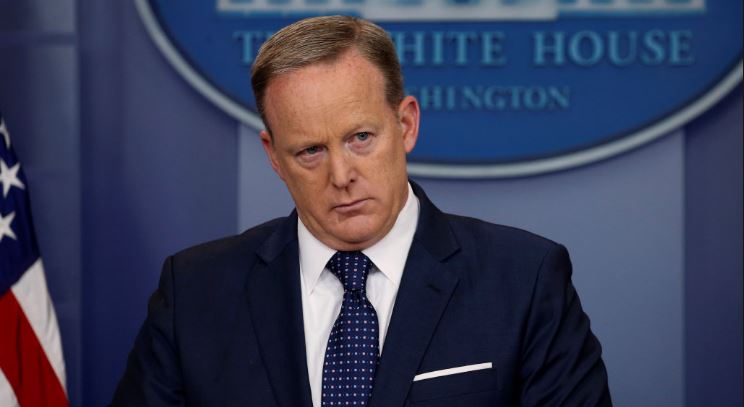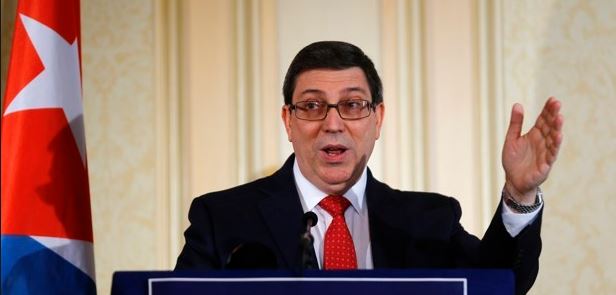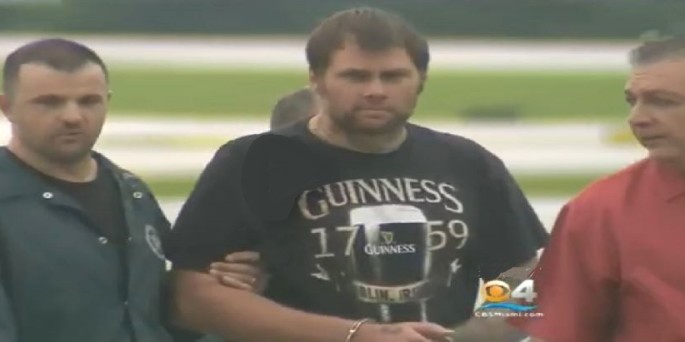
Trump spokesman fudges; Cuban minister answers straight
At Monday’s White House press briefing, Trump spokesman Sean Spicer was asked two questions about Cuba, specifically about American fugitives living on the island. He answered neither, sidestepping the issue. Here’s that exchange:
Q: We got a reaction today from Cuba’s foreign minister as it relates to U.S.-Cuba policy, which was announced by the President last week. And one of the things he said is, under no circumstances will Cuba release any of those fugitives that President Trump asked Cuba to release. What kind of pressure can be brought to bear on the Cuban government to get that particular element of what the President wanted actually taking place?
SPICER: The number-one piece of what the President did was to lay the groundwork for empowering the Cuban people to develop greater economic and political liberty. That was at the heart of what this did. It was a promise that he made during the campaign trail. And I think instead of empowering the Cuban military and its ability to control the money that goes through, which was not getting to the people, the President’s actions that he took on Friday are going to help empower the people and make sure that not only does he maintain a promise that the American people follow the law, but the bigger result is that we empower the Cuban people. And I think that’s the real big takeaway that I have.
Q: Do you anticipate the President announcing any further sanctions on the Cuban government to get various things related to Cuban rights solved or these fugitives brought back to America?
SPICER: I think — let’s let the first — we’re one business day into these actions that the President took. I think they’re being widely hailed as a step in the right direction to accomplishing — empowering the Cuban people. Let’s give it a little time. But as the President says on a variety of subjects, let’s not project what we’re going to do and make sure that we see how things — and reserve the right to go forward.
For the record, this is what Cuban Foreign Minister Bruno Rodríguez Parrilla said Monday in Vienna to emphasize the reasons why Cuba gave the American fugitives asylum in the first place. Cuba has responded similarly in the past, citing its independent and sovereign rights. [To read a transcript of the entire press conference, in Spanish, click here]:

RODRIGUEZ: With relation to the issue of the so-called “U.S. fugitives in Cuba,” I can restate that, in observance of National Law and International Law and Latin American tradition, Cuba has granted political asylum, or refuge, to fighters for human rights in the United States. Of course these people will not be returned to the United States, which lacks the legal, political and moral basis to claim them.
Secondly, U.S. citizens who committed crimes in Cuba, such as the hijacking of airliners, were punished by Cuban tribunals and served long terms of privation of freedom in Cuba. By unilateral decision and in an act of good will, the Cuban government in the past several years has returned to the United States 12 U.S. citizens fleeing from American justice.

[The latest felon extradited to the U.S. was Shawn Wegmann on Dec. 8, 2015. He was sought on felony firearms charges and stealing a motor boat. For story in Progreso Weekly, click here.]
[To read the Cuban government’s official reaction to the measures announced by Trump, in English, click here.]


